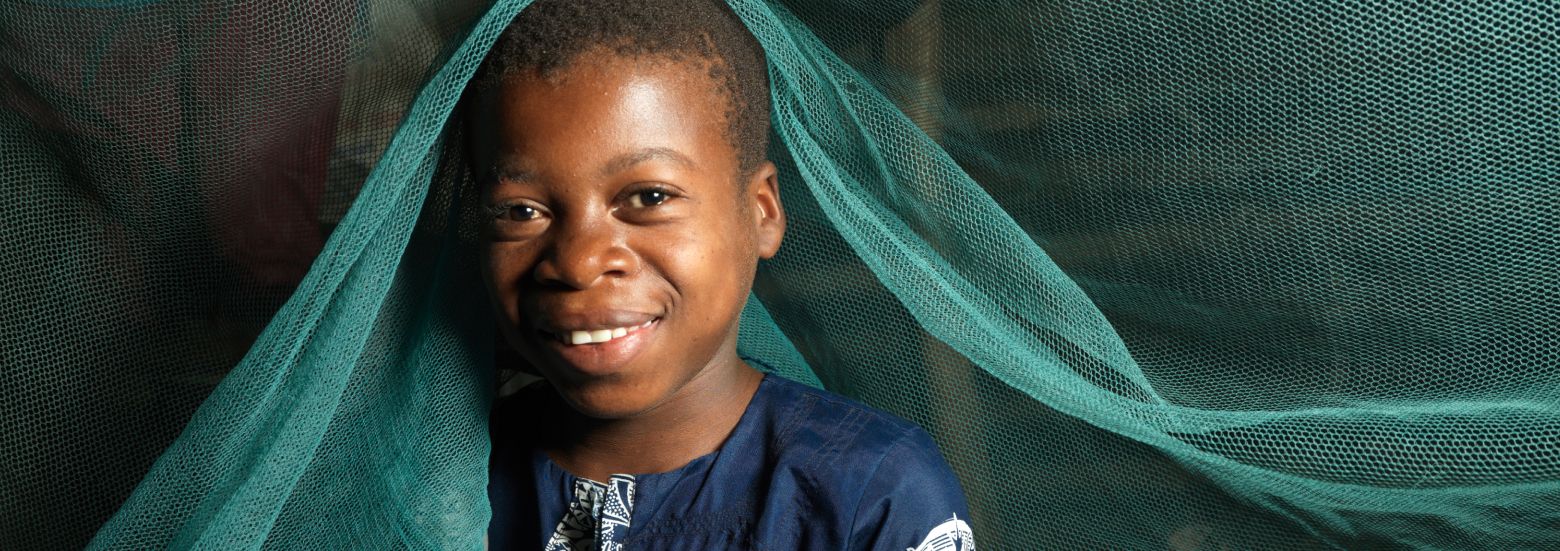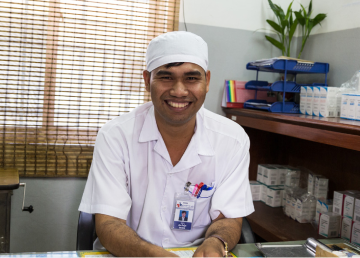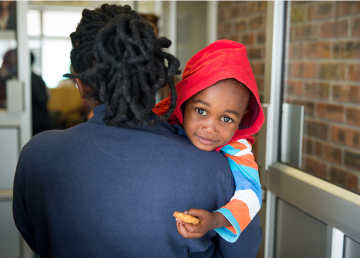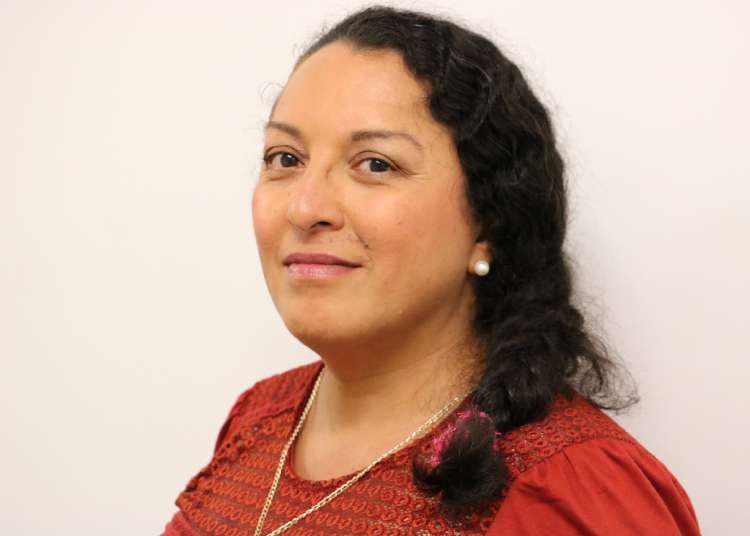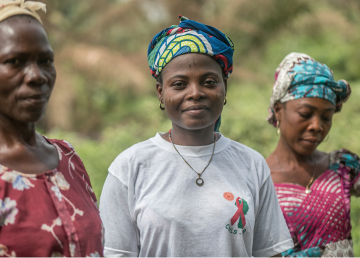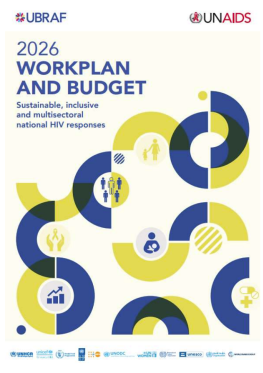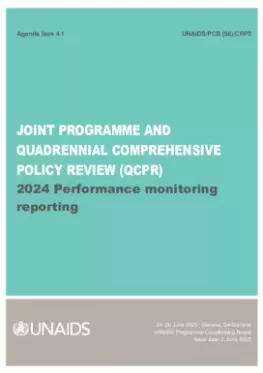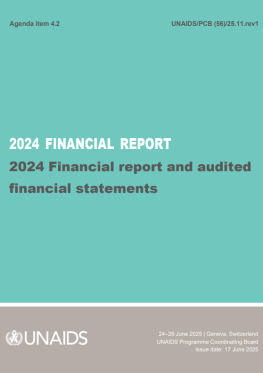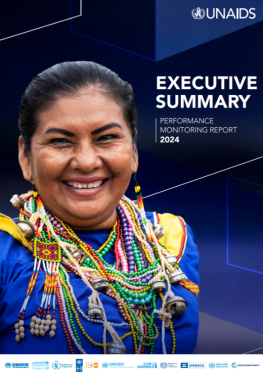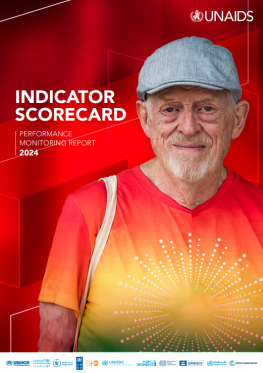The collective results of the Joint United Nations Programme on HIV/AIDS (UNAIDS) in 2022-2023 saved lives and helped further accelerate progress towards the 2025 global AIDS targets and ending AIDS as a public health threat by 2030. Providing multisectoral support and mobilizing stronger political commitment from countries, the Joint Programme clearly demonstrated its value added and remained a catalytic force in the HIV response focusing on reducing HIV-related inequalities. Using a people-centred and human rights-based approach in all its works, it empowered communities, addressed policy barriers, generated and supported use of programmatic, epidemiological and financing HIV data and guided billions of US dollars for effective and more sustainable HIV responses worldwide. In a challenging context, the Joint Programme demonstrated again its high flexibility to optimize resources and respond to evolving demands and needs.
The UNAIDS Unified Budget, Results and Accountability Framework 2022–2026 (UBRAF) guides the operationalization of the Joint Programme’s support for the implementation of the Global AIDS Strategy. With constant prioritization to optimize resources in an evolving context and informed by latest evidence and gaps, the Joint Programme has further sharpened its focus to support countries to accelerate progress towards the global AIDS targets.

